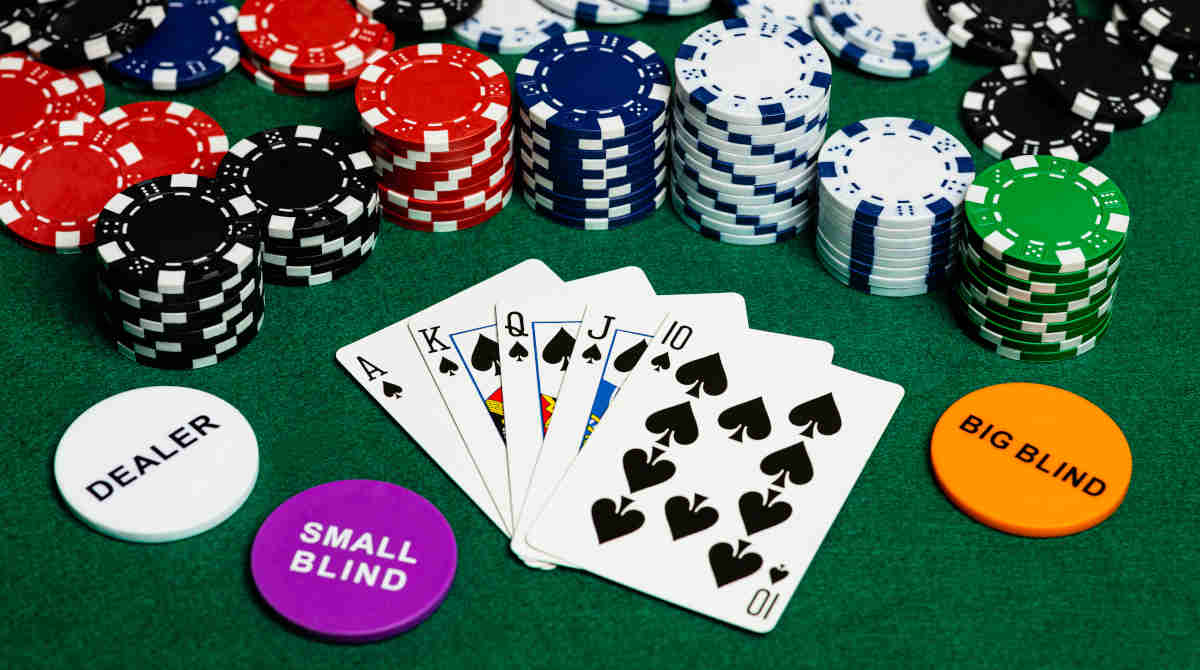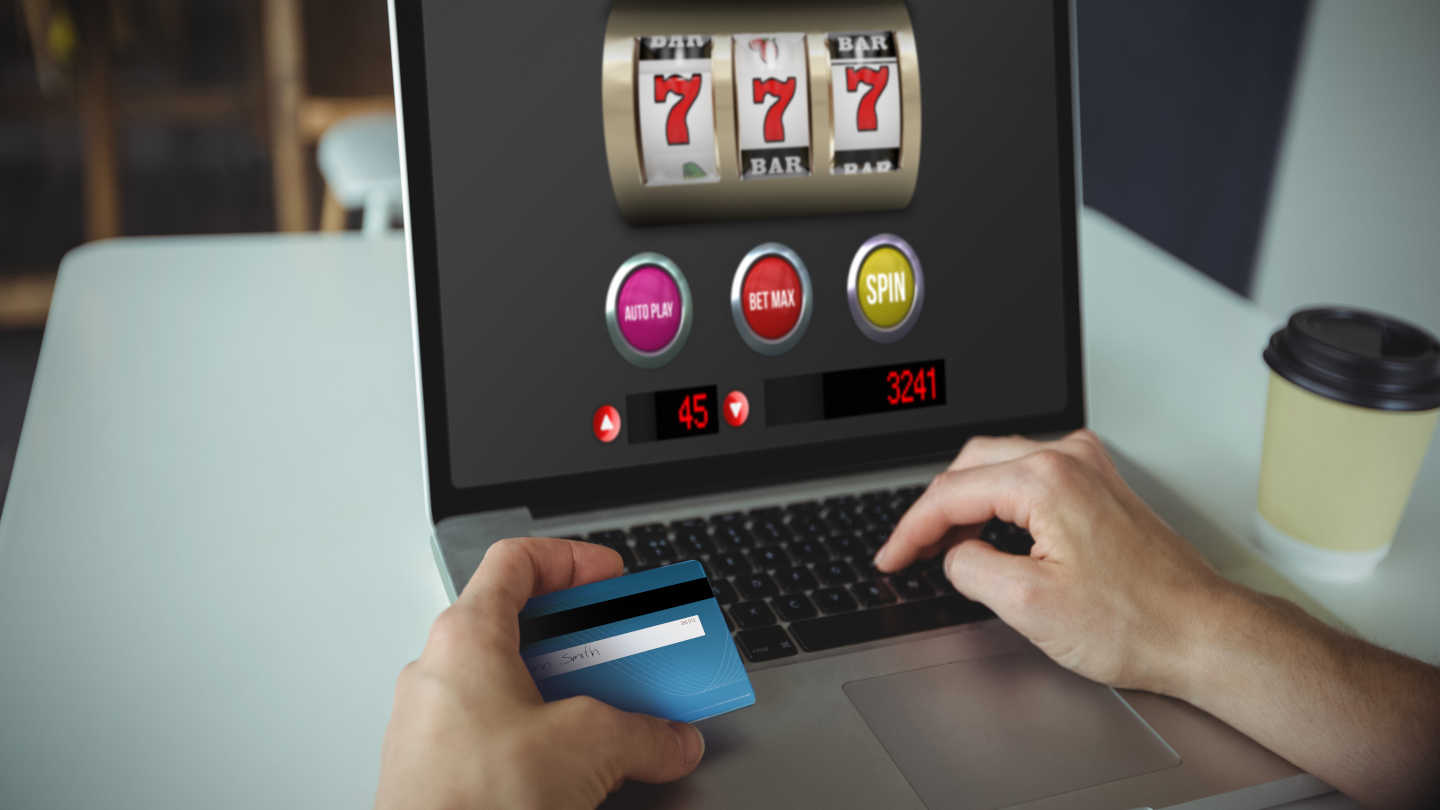Mastering the Best Poker Skills: A Guide for Beginners

4 minutes
Last Updated: July 11, 2023
So, you want to learn how to play poker? Congratulations! This is the first step in your exciting journey that will last a lifetime.
The captivating card game that combines strategy, skill, and a touch of luck, has been the subject of many movies, from “The Cincinnati Kid” to “Casino Royale”.
Whether you're intrigued by the allure of high-stakes tournaments or looking for an engaging pastime, learning the essential poker skills is crucial for success.
To improve your game and increase the possibilities of winning, check out the top poker skills for beginners to focus on below.
Patience and Discipline
One of the most fundamental skills in poker is patience. As a beginner, it's vital to resist the temptation of playing every hand and instead wait for premium starting hands.
Folding weak hands and avoiding reckless decisions will save you from costly mistakes. It may sound corny but discipline goes hand in hand with patience.
Sticking to a well-defined strategy, managing your bankroll wisely, and avoiding impulsive moves will help you maintain focus.
It will also help you make better decisions, and prevent tilt—an emotional state that can negatively impact your gameplay.
Hand Reading and Table Awareness
Developing the ability to read your opponents' hands and understand their betting patterns is a crucial skill for poker success.
This involves analyzing the community cards, and your hand, and deducing the likely range of hands your opponents may hold.
If you’re not familiar with this poker term, table awareness refers to paying attention to the dynamics at the table, including players' tendencies, betting patterns, and body language.
Ever heard of the phrase “poker face”? In poker, it’s observing and gathering information about your fellow players that will lead you to make more informed decisions and adjust your strategy accordingly.
Positional Play
Understanding the significance of position is essential if you want to get anywhere in poker. Your position at the table determines the order of betting, giving you a strategic advantage.
Acting last allows you to gather more information about your opponents' hands before making your own decision.

In early positions, it's advisable to play tighter and focus on premium hands. As you move towards the later positions, you can widen your starting hand range and seize opportunities to bluff or extract value from opponents.
Bankroll Management
Many beginner players often overlook it, but bankroll management is a critical aspect of poker. It involves setting limits on the amount of money you're willing to risk and adjusting your stakes accordingly.
Proper bankroll management ensures that you can weather downswings and avoid going bust.
As a general rule, we recommend having at least 20 to 30 buy-ins for the stakes you play. Practicing responsible bankroll management will help you minimize the risk of ruin and maintain longevity in the game.
One other key point is to avoid risking it all and ending up out of pocket. Moreover, if you are playing online, you could come across a casinos without license.
Playing at them, you might lose your whole stake before even starting playing. Instead, always visit a comparison site that only lists legal and safe casinos that offer a poker client that is licensed and regulated.
Emotional Control
Emotional control is vital in every aspect of life, and poker is no different! Maintaining a calm and focused mindset, regardless of the outcome of a hand or session, is important for making rational decisions.
Many beginners fall victim to tilt while playing poker, a state of emotional distress that leads to poor decision-making.
Learning to recognize tilt and employing techniques to regain composure—such as taking breaks, deep breathing, or focusing on the process rather than the outcome—will help you stay in control and play your best game.
Risk Assessment and Pot Odds
Evaluating the potential reward versus the potential risk is key when deciding whether to call, fold, or raise. Pot odds refer to the ratio of the current pot size to the cost of a contemplated call.

By calculating pot odds, you can determine the profitability of a decision. If the pot odds are favorable, making the call is a prudent move.
Bluffing and Bet Sizing
If you can successfully master the art of bluffing and effective bet sizing, you’ll be able to greatly enhance your poker game. Bluffing involves representing a stronger hand than you hold, forcing your opponents to fold.
Timing and reading your opponents' tendencies are crucial for successful bluffs. It's important to choose your spots wisely and consider the texture of the community cards.
Bet sizing is also vital for controlling the pot and extracting value. By understanding the dynamics of the hand and your opponents' ranges, you can make optimal bets that maximize your winnings while minimizing your risk.
As a beginner in the world of poker, mastering these essential skills will set you on the path to becoming a successful player.
Remember that poker is a game of continuous learning and adaptation. Practice these skills, review your gameplay, and seek guidance from experienced players or resources to refine your techniques.
With dedication, perseverance, and a commitment to improvement, you can elevate your poker skills and enjoy the thrilling and rewarding journey that this classic game offers.

















